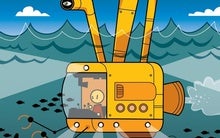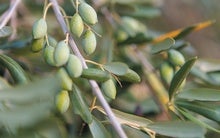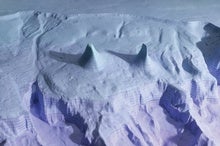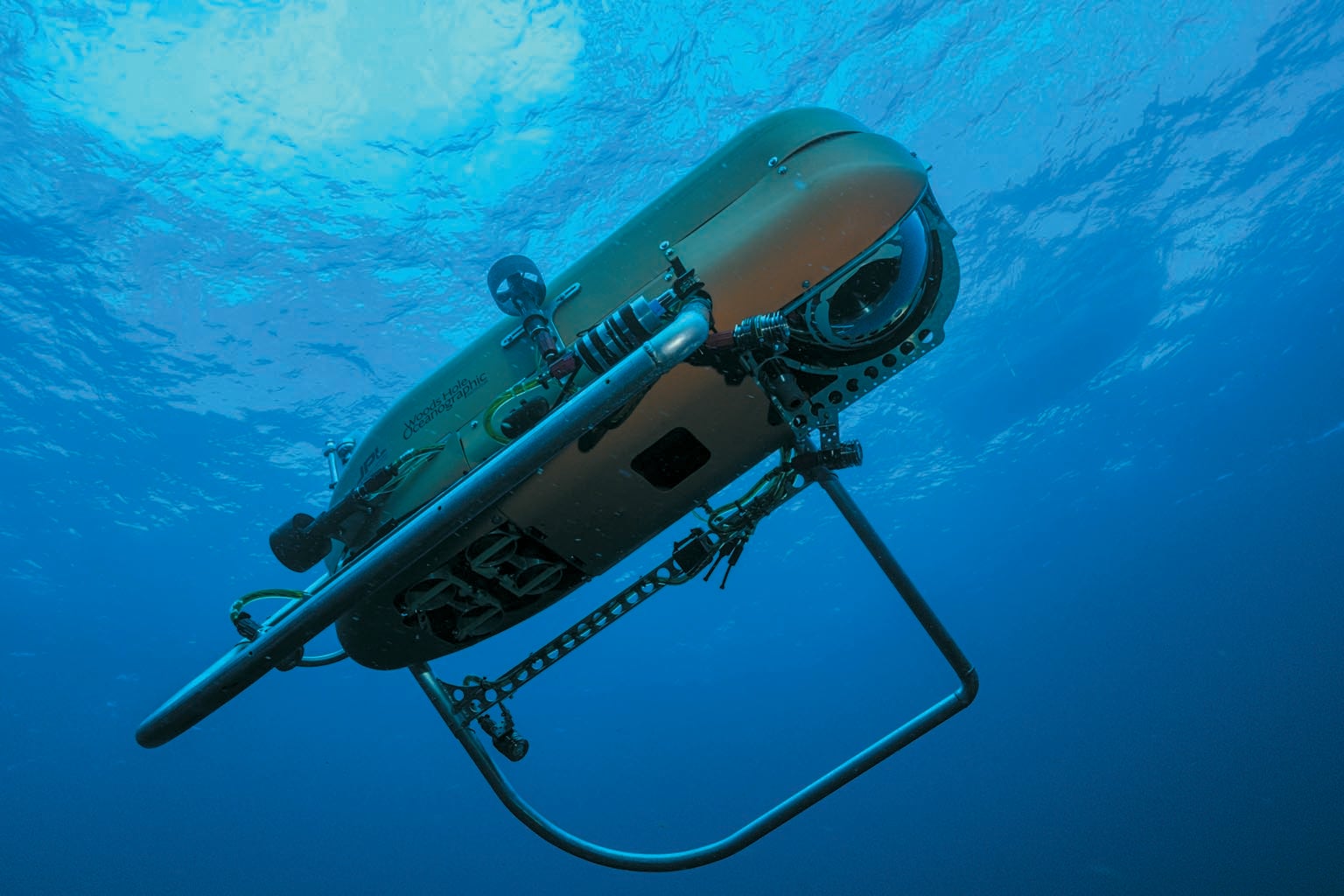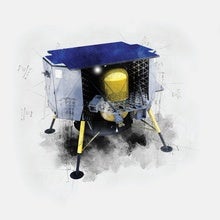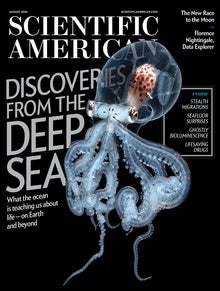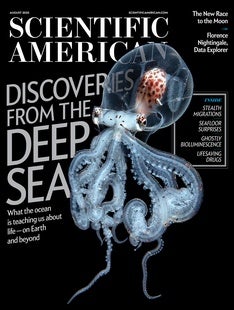 |
| July 26, 2022 |
Dear Reader,
If flames cut off a group of woodland firefighters, they have a last resort: emergency shelters. When deployed, these shelters look like aluminum-coated coffins; when stored, they fold up to a packet the size of a loaf of bread. Keeping a shelter's interior temperature low can mean the difference between life and death. That's why researchers are constantly searching for new ways to improve the heat resistance of these emergency measures—and doing so means putting prototypes through a gauntlet of fiery tests. |
| | Sophie Bushwick, Associate Editor, Technology
| |
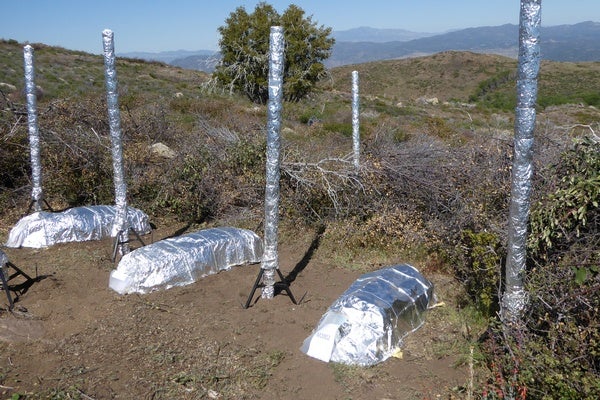 |
| |
| |
| |
| |
| |
| |
| |
| |
| |
FROM THE STORE
 | | The Science of Climate Change As evidence for human interference in the Earth's climate continues to accumulate, scientists have gained a better understanding of when, where and how the impacts of global warming are being felt. In this eBook, we examine those impacts on the planet, on human society and on the plant and animal kingdoms, as well as effective mitigation strategies including resourceful urban design and smart carbon policies. *Editor's Note: This Collector's Edition was published as Climate Change. The eBook adaptation contains all of the articles, but some of the artwork has been removed to optimize viewing on tablet devices. |  | | |
| QUOTE OF THE DAY
 "I understand if a video of a dog firing a fully automatic weapon sends a chill down your spine. Still, a better moment to begin worrying might have been last October, when a company actually announced a robot dog with a gun that's purpose-built for the task." Sean Hollister, The Verge | |
FROM THE ARCHIVE
 | | | |
LATEST ISSUES
 |
| |
| Questions? Comments?  | |
| Download the Scientific American App |
| |
| |




